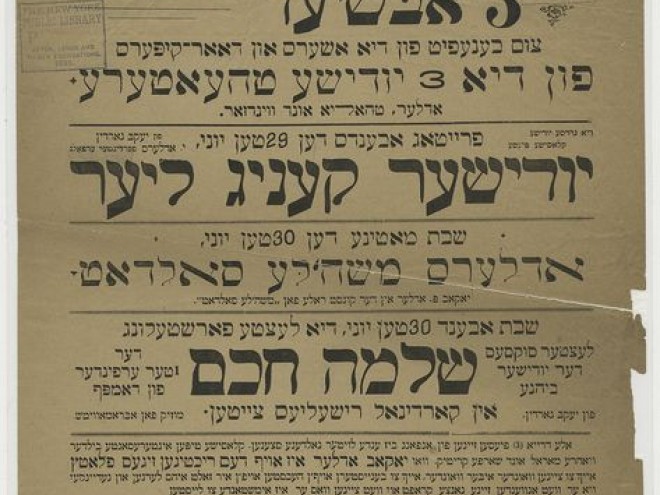Oy, Caramba!: An Anthology of Jewish Stories from Latin America is a cleverly titled, handsomely produced volume of Jewish stories from Latin America, edited by the distinguished critic Ilan Stavans. This anthology, an expanded revision of an earlier an earlier anthology, Tropical Synagogues: Short Stories by Jewish-Latin American Writers, attests to the vitality of Jewish fiction in unexpected places.
Stavans’ introduction alone, placing each writer in their historical and geographical context, makes the anthology a critical sourcebook. But the stories themselves demonstrate a range of vitality and power that is truly eye-opening. Stavans bookends Oy, Caramba! with selections from Alberto Gerchunoff, whom Stavans positions as kind of the progenitor of Jewish Latin American fiction, and passages from the works Jorge Luis Borges, the non-Jewish Latin American writer Stavans portrays as a passionate lover of things Jewish. Along the way, Stavans introduces writing from Argentina, Colombia, Chile, Peru, Mexico, Uruguay, Venezuela, Cuba, Guatemala, and Brazil; some stories are told in conventional narratives, some employ elements of magic realism that the region is known for, and some are completely sui generis.
Stavans positions Gerchunoff as a kind of Mendele Mokher Sforim to his literary descendants. His volume The Jewish Gauchos (1910) paved the way for younger writers intermixing local color and Jewish themes. This is such a rich anthology that I can only highlight stories that seemed particularly accomplished. Mario Szichman’s Remembrance of Things Future, with an uneducated mother struggling to understand her son’s disappearance is both comic and heartbreaking. Ariel Dorfman’s Asylum is a terrifying story of revenge for complicity from one generation to the next.
The brilliant Isaac Goldenberg, author of The Fragmented Life of Don Jacob Lerner, is represented here with “The Conversion,” a story about identity and circumcision that would seem familiar to readers of Steve Stern and Phillip Roth. Esther Seligson suspends conventional narrative in “The Invisible Hour” with an extraordinary coalescing of time measured in different ways, internal, external, calendrical and mystical — a story to be studied and savored and not incidentally one of many stories written by women. In “Bottles” Alcina Lubitch Domecq writes a feminist surrealist parable of a trapped woman, reminiscent of the best of Borges, Calvino, and Tomasso Landolfi.
The section on Brazilian Jewish writers is particularly rich. It includes “Love,” an astonishing story by Clarice Lispector, about a housewife and mother whose world is suddenly shaken by the sight of blind man on a bus. Stavans rightly compares the story to Virginia Woolf and Sartre. (If there is any complaint to be made about Oy Caramba!, it can only be expressed as a desire to see Lispector more heavily featured.) The final story in the anthology, Moacyr Scliar’s “Inside My Dirty Head — The Holocaust,” is about a child’s obsession and fascination with the tattooed numbers of a Holocaust survivor, reminiscent of the early work of Danilo Kis in the black humor of the story’s ironic reversal.
The anthology ends with two stories by Borges. As great a writer as Borges is, it does strike me as odd that the only writer who has two stories is the only non-Jewish writer. And while Borges is one of the great writers of the century, and I accept Stavans’ celebration of his “Jewish” sensibilities, I do think this is an arguable choice. But this is a minor quibble in an anthology that is superbly edited with excellent introductions and bibliography. Reading Oy! Caramba! cover to cover is a truly enriching experience.
Related Content:
Josh Hanft holds Advanced Degrees in English and Comparative Literature from Columbia University and curated the renowned reading series, Scribblers on the Roof, for over twenty years.





